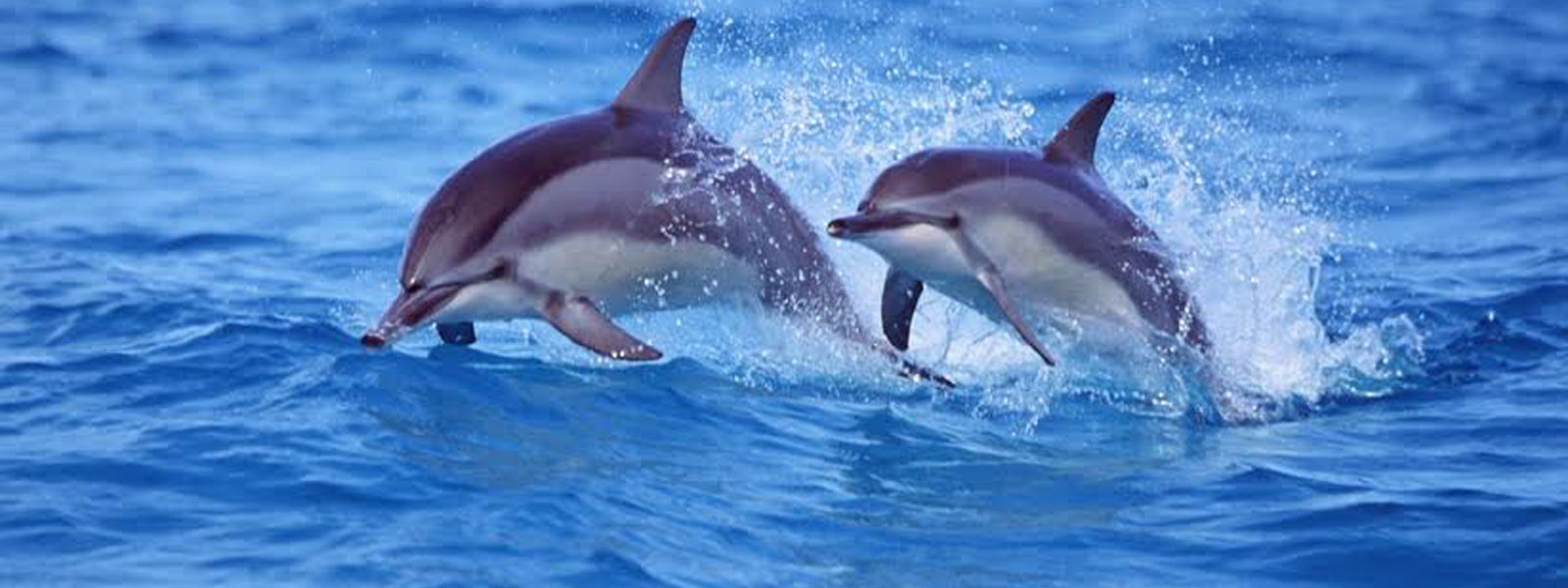

The history of the drowning of millions of dolphins by the tuna industry turned a corner in 1990, when US tuna giants agreed to work with the International Marine Mammal Project to establish Dolphin Safe fishing standards that avoid harm to dolphins and other marine life.
Read More >
In order to better monitor tuna vessels to ensure no dolphins are netted or harmed, the International Marine Mammal Project of Earth Island Institute is supporting placing closed circuit television (CCTV) aboard tuna vessels.
Read More >
As 2019 comes to a close, we’re writing to thank you for your ongoing generosity and to share some of IMMP’s key accomplishments this year. 2020 promises to be an especially busy and potentially productive year for whales and dolphins, as our SeaWorld lawsuit finally comes to trial and we organize Olympians and Paralympians to urge Japan to end the killing of dolphins and whales.
Read More >
How can we ensure the gear used for commercial fishing does not become ghost gear, abandoned in the ocean for hundreds of years?
Read More >
Find Our About Our Historic Victory at the World Trade Organization for Dolphins and the Dolphin Safe Tuna Label. The Label Saves the Lives of Thousands of Dolphins Annually.
Read More >
The Marine Stewardship Council (MSC) has Listed the Dolphin Killing Tuna Industry of Mexico as "Sustainable" But a UK Audit Questions Their Standards
Read More >
The International Marine Mammal Project of Earth Island Institute has achieved some major goals in protecting whales and dolphins in 2018. Looking forward to continuing our efforts in the new year.
Read More >
After ten years of litigation, the World Trade Organization (WTO) has concluded that the US Dolphin Safe tuna label should remain strong, and not be weakened to allow Mexican tuna, stained by the blood of dolphins, to be falsely labeled "Dolphin Safe". A huge victory!
Read More >
In the late 1980s, before the Dolphin Safe label, about 80,000 to 100,000 dolphins a year were being killed in tuna nets.
Read More >
This is the second time this season alone that the quotas have been increased.
Read More >